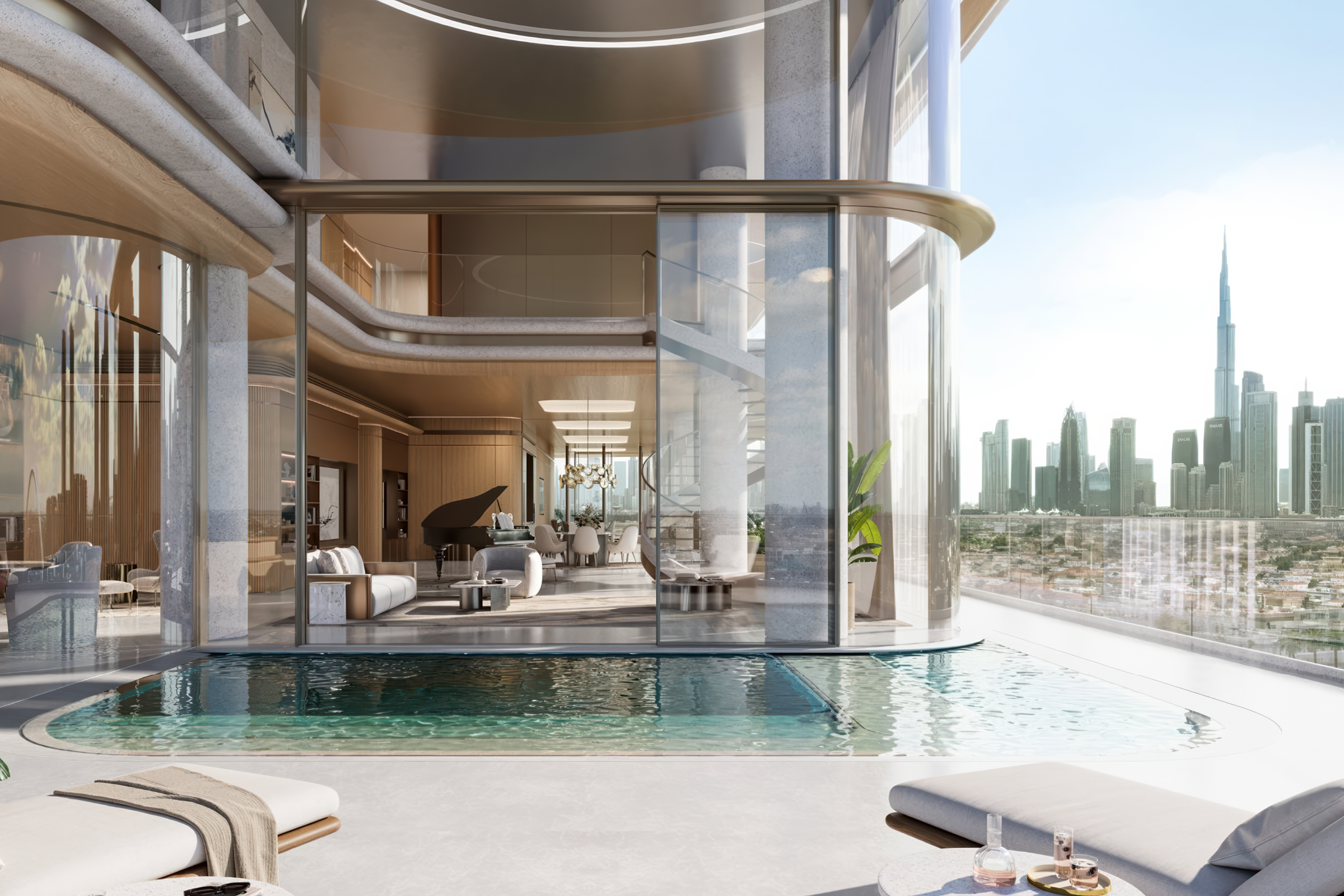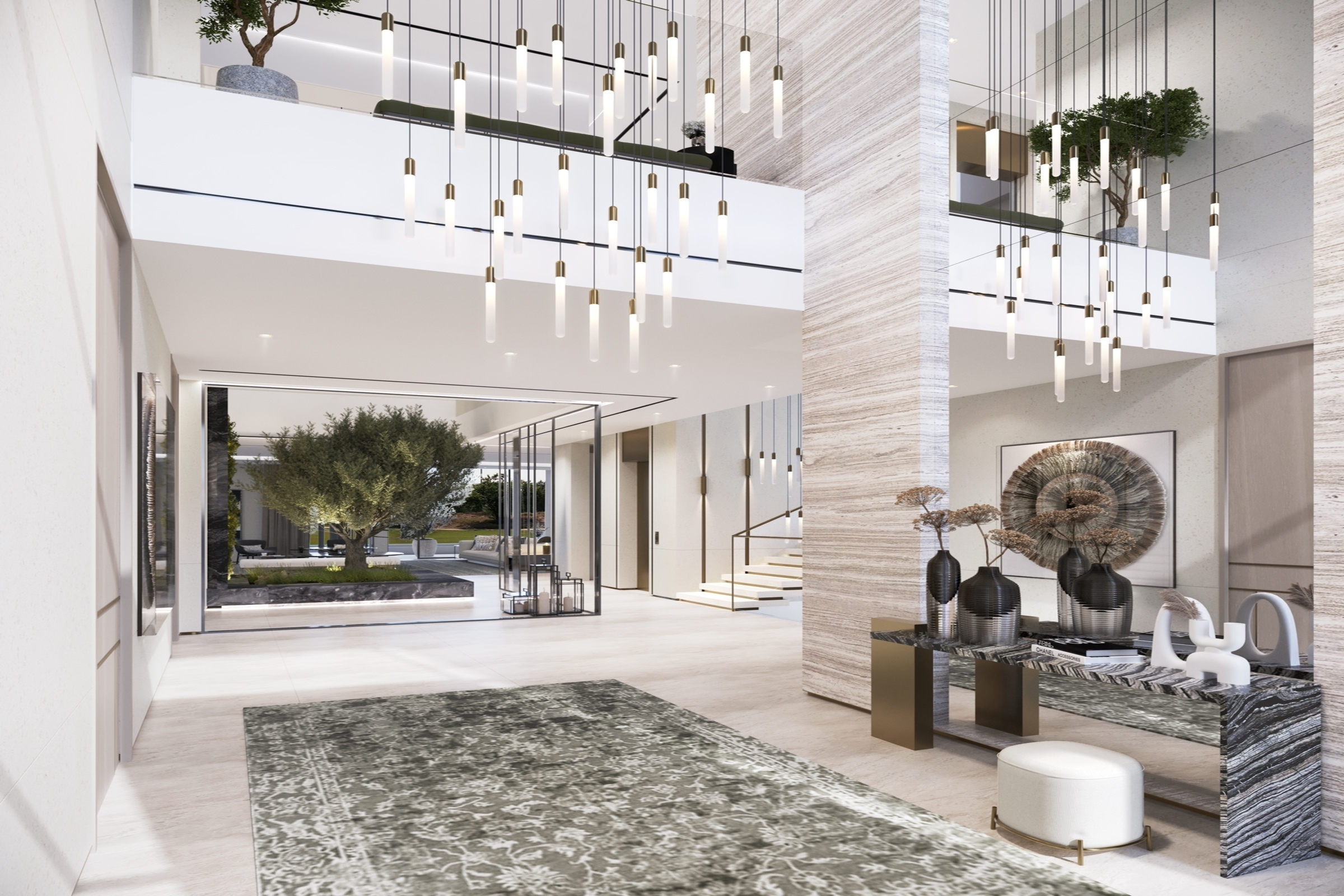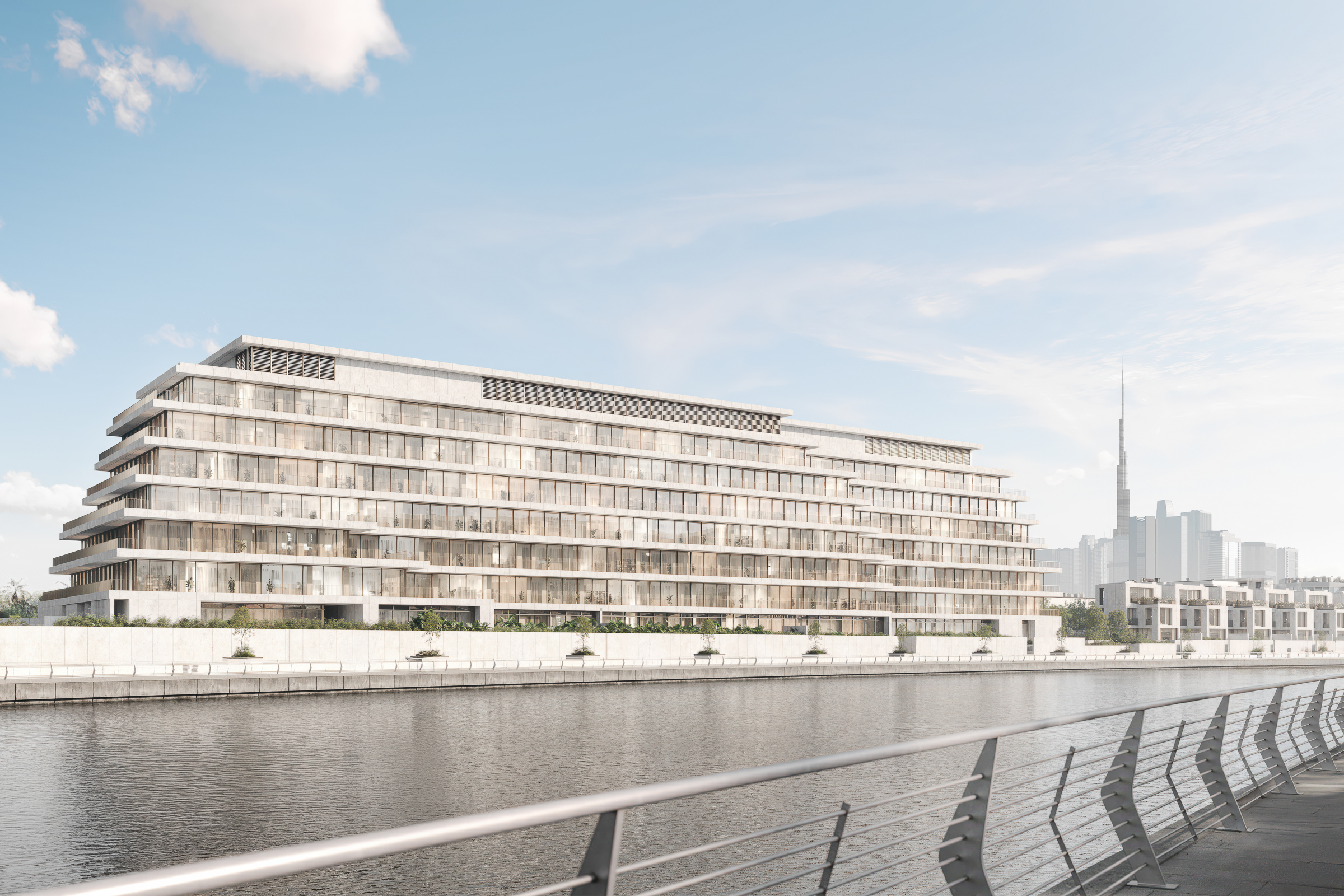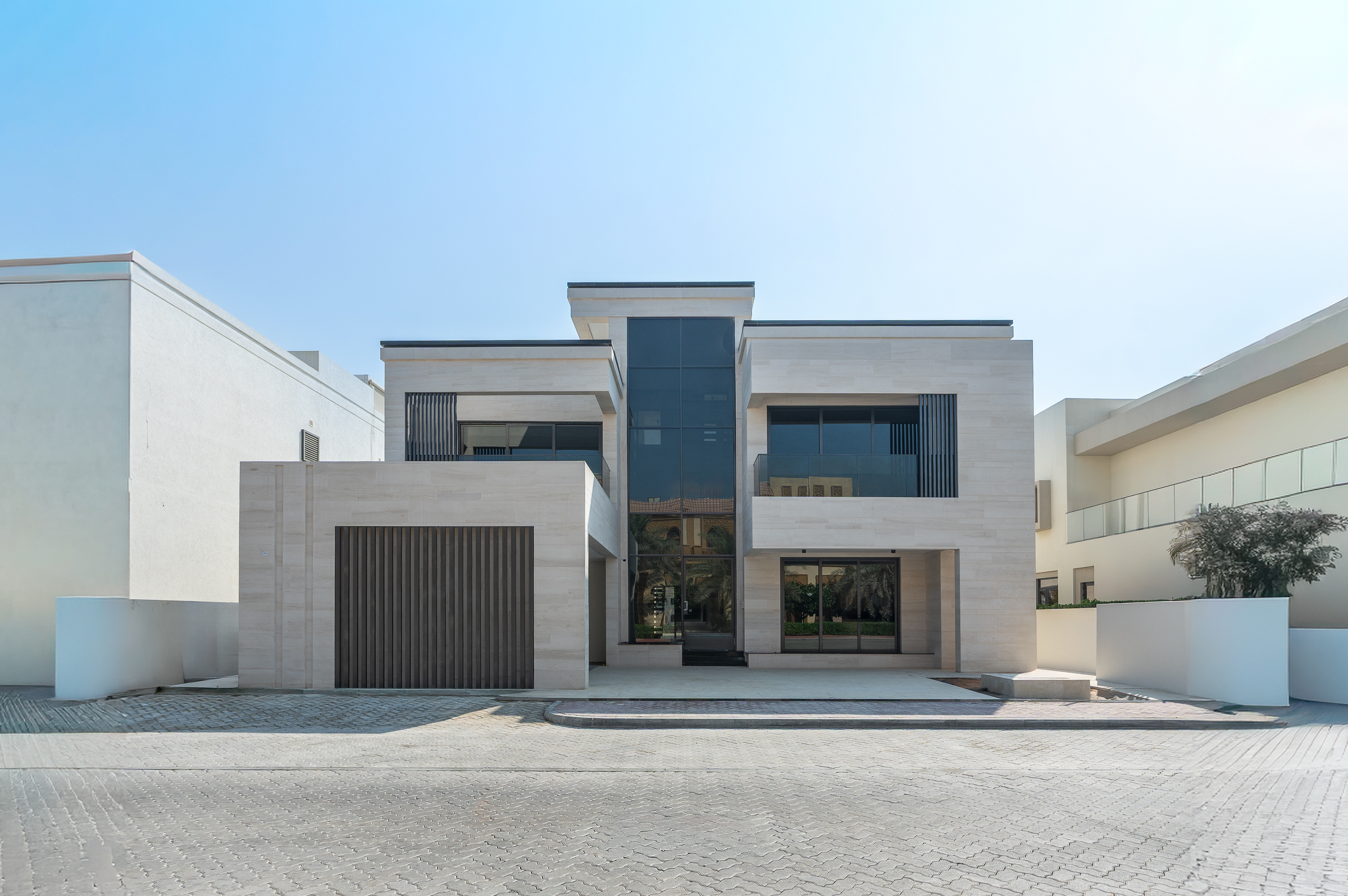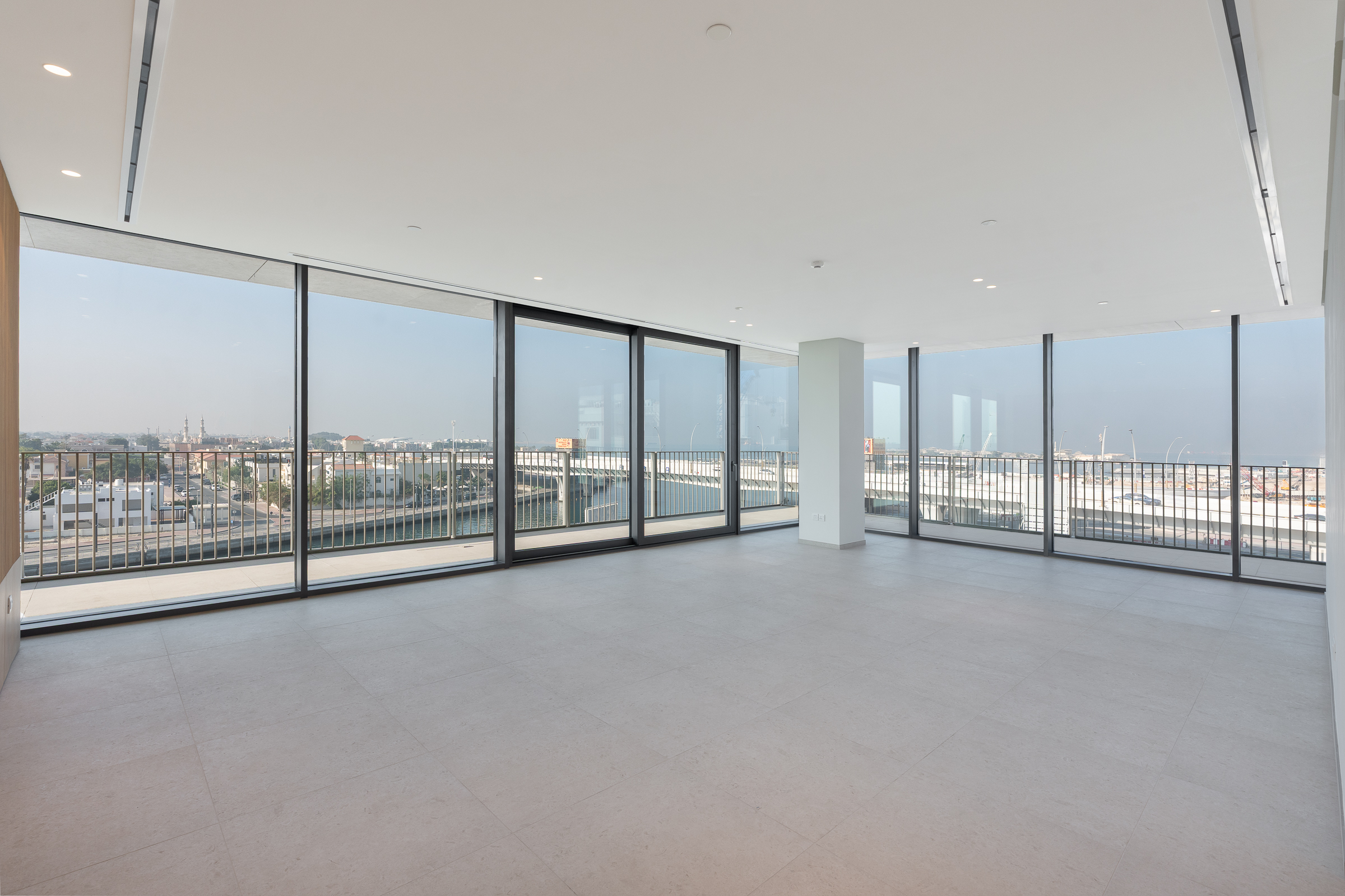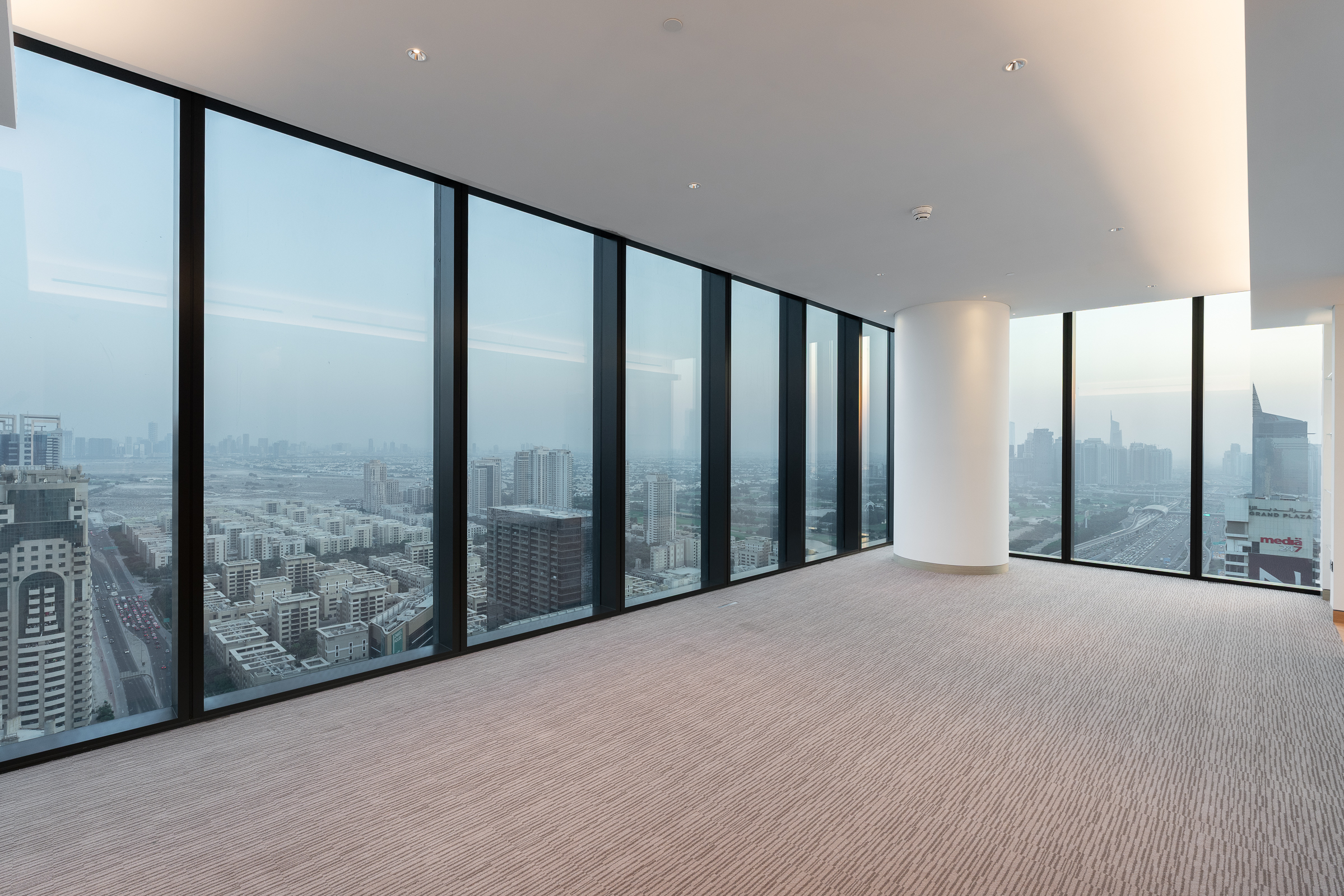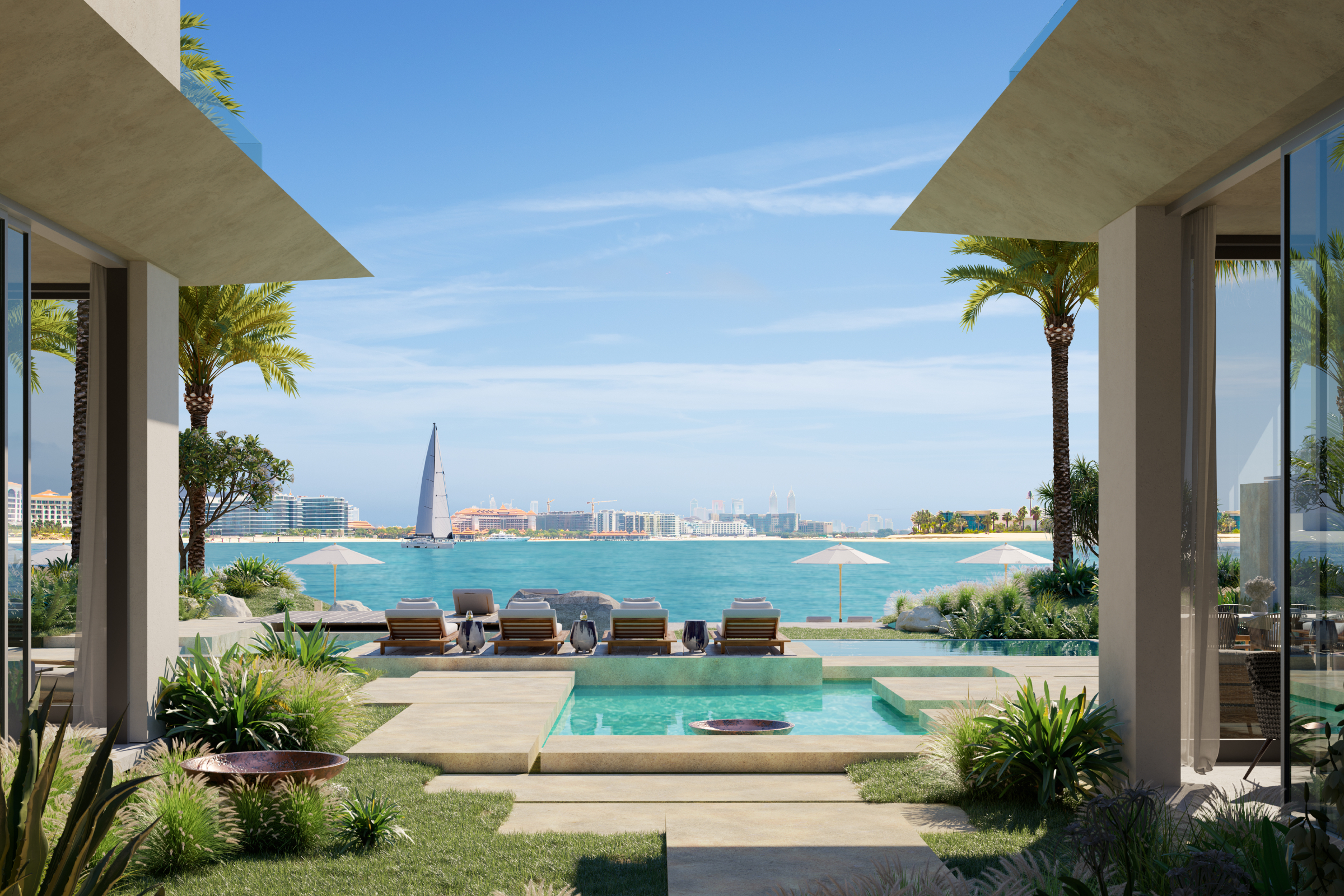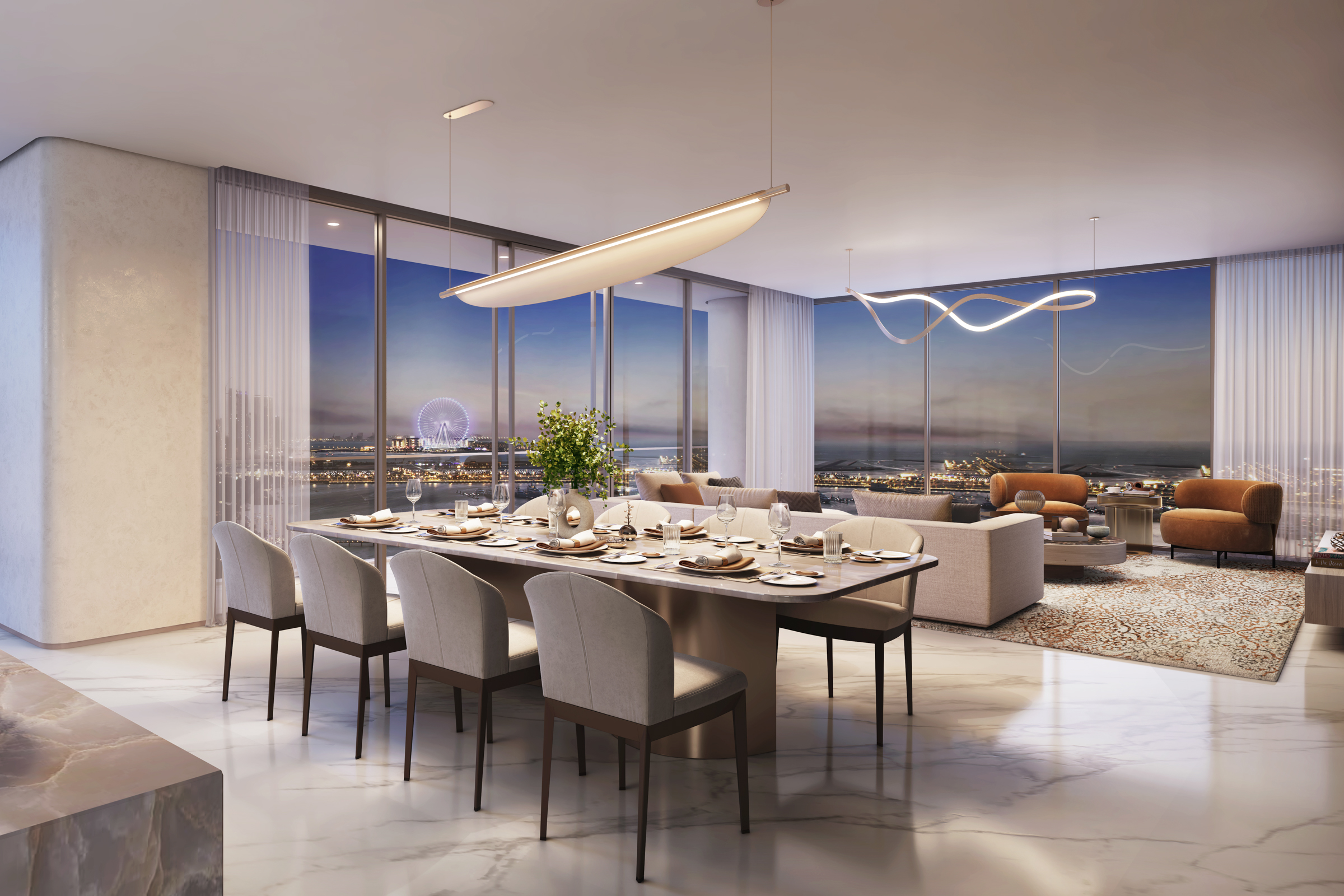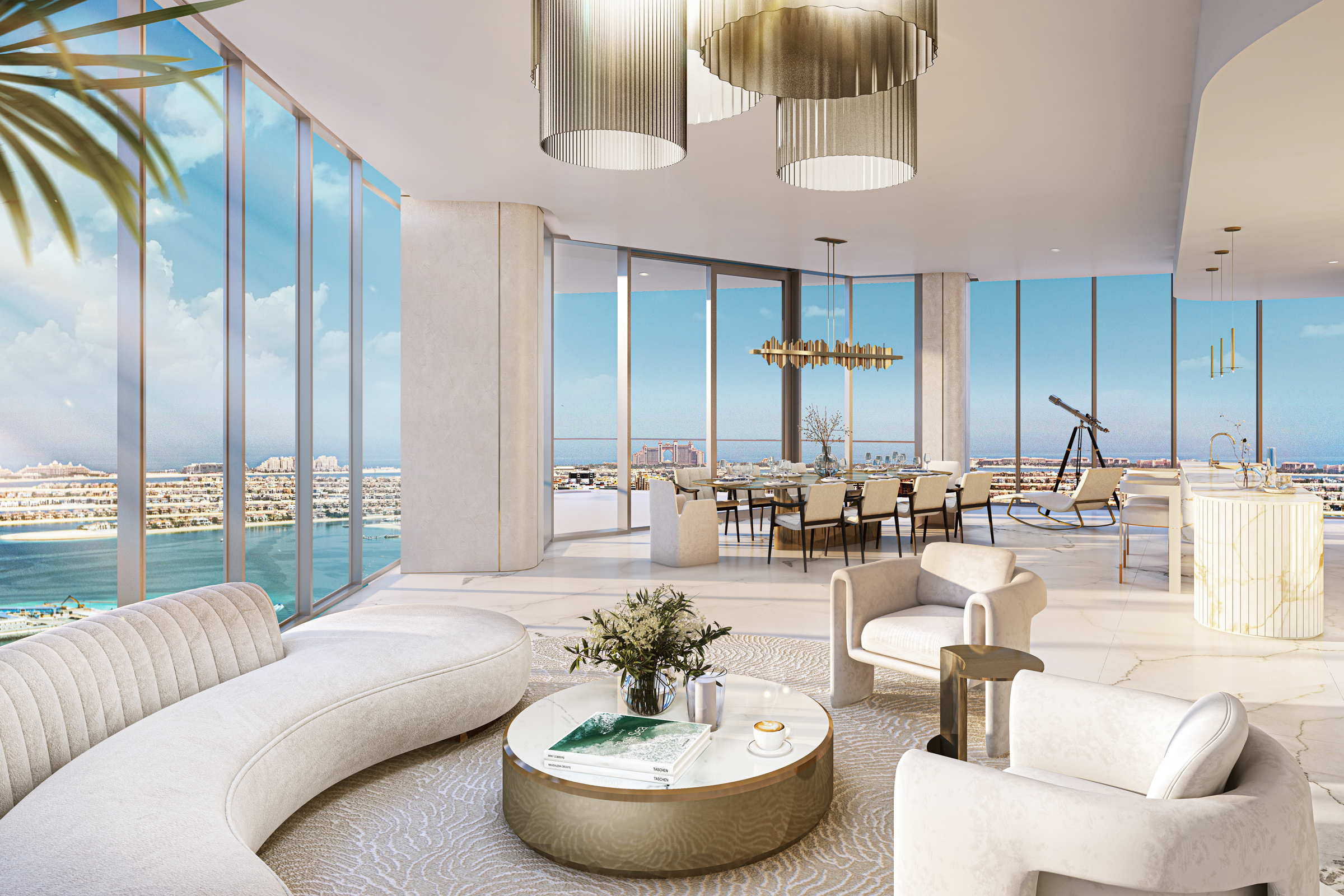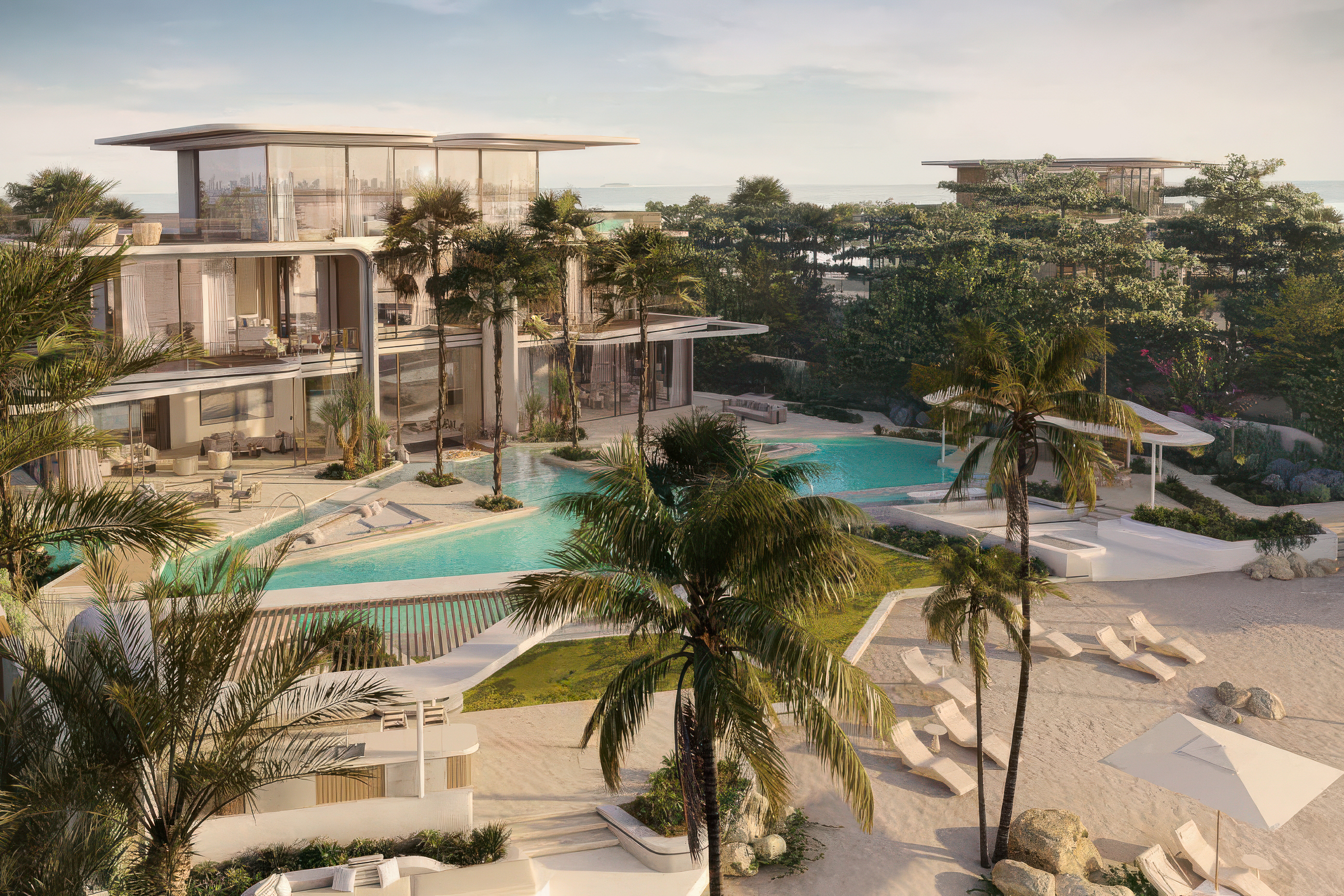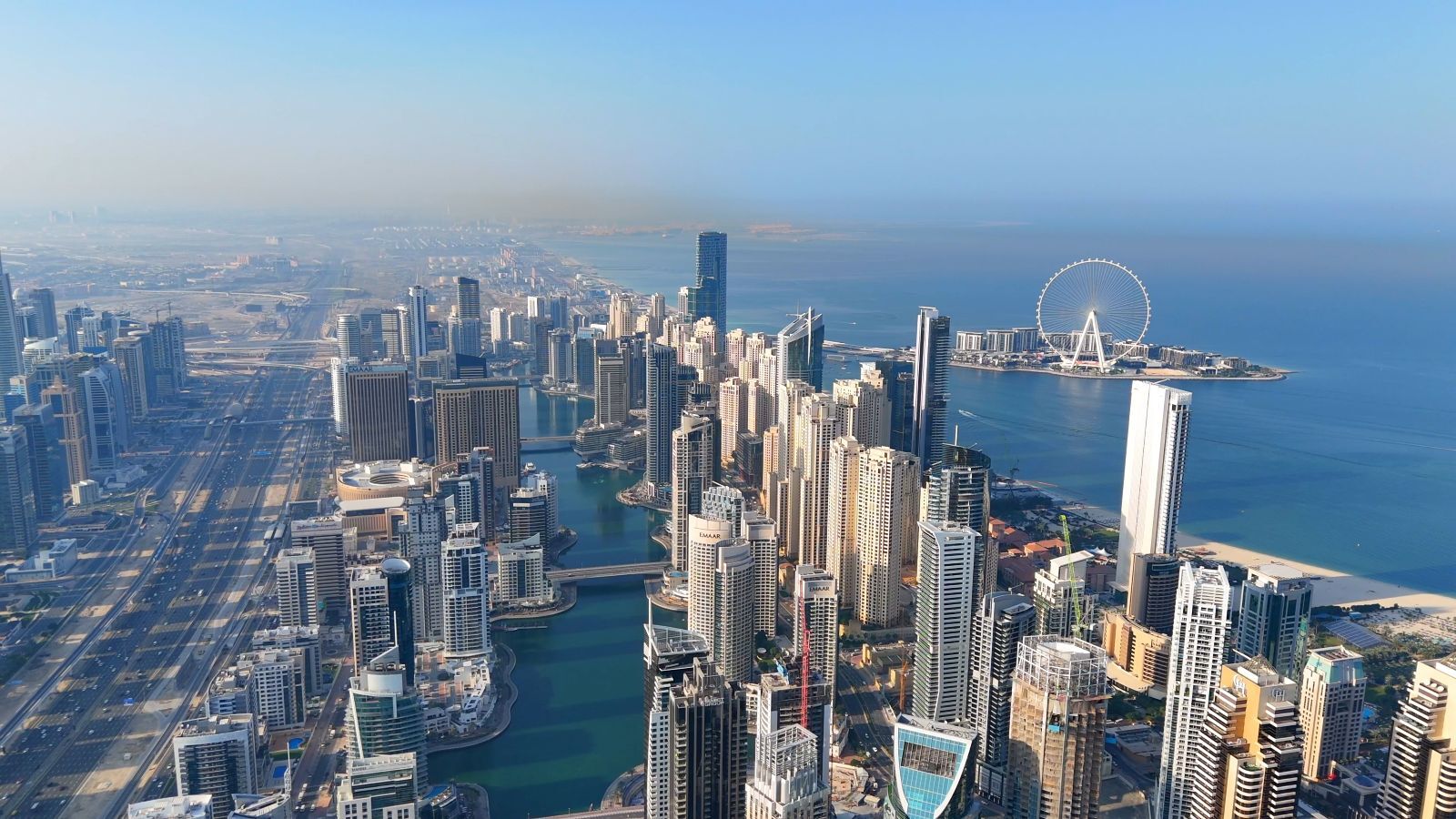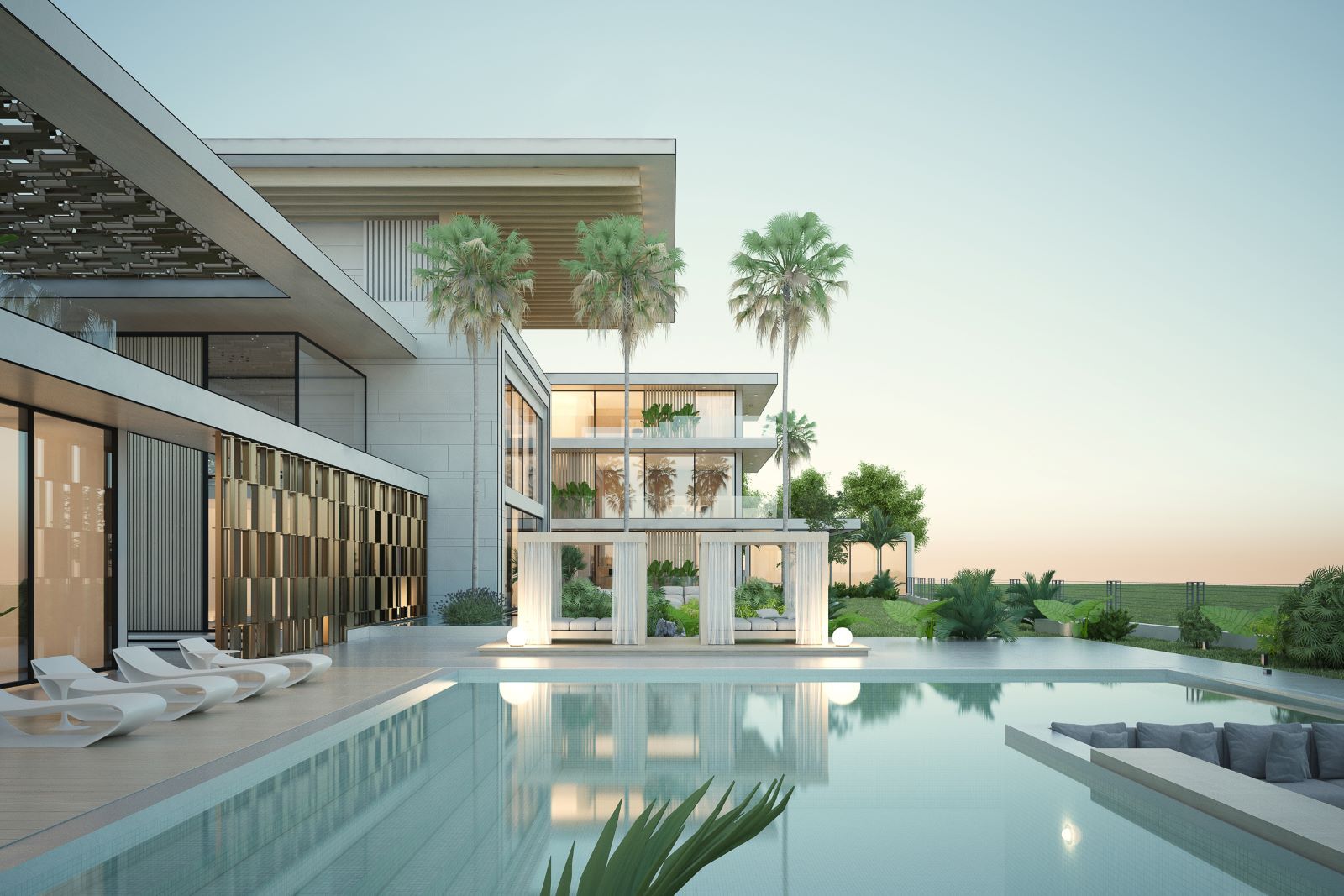Renting Versus Buying: Navigating The Dubai Property Market
Published: 29 April 2025
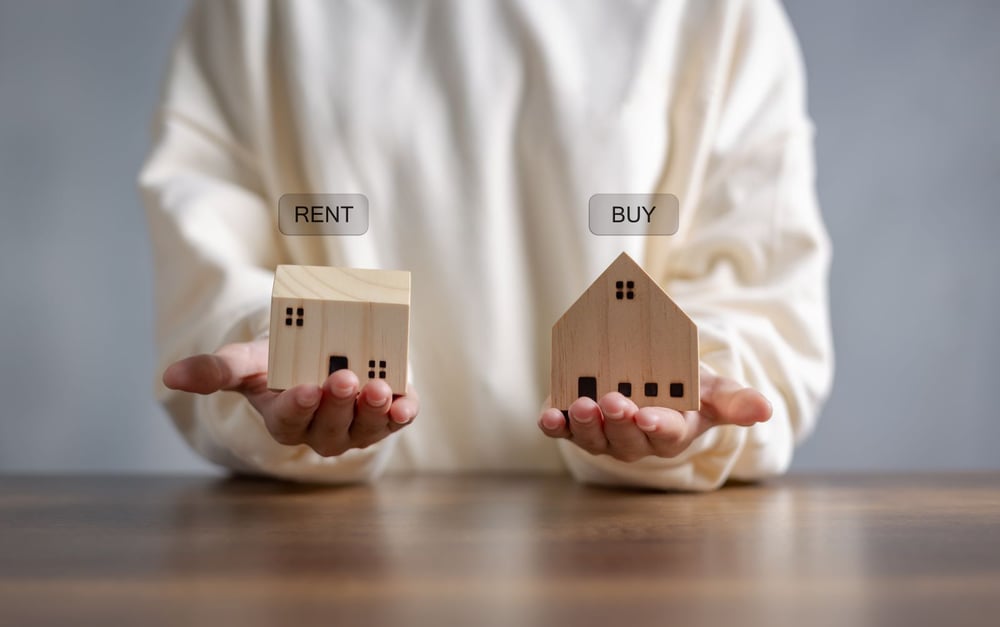
Overview of Current Trends
Dubai’s property market is expected to experience organic growth in 2025 and beyond, with an increase in new developments, as well as limited stock in prime properties creating high demand. The city’s property market is highly dynamic, with both renting and buying offering distinct advantages depending on individual circumstances.
From the peace of mind that comes with owning your own property, to the freedom associated with renting, this guide for expats offers insight into the latest Dubai property trends and assists you in making the most informed decision.
Advantages of Renting
One of the key advantages of renting property in Dubai is the exceptional flexibility it affords. Without the long-term commitment of ownership, tenants have the freedom to reside in a classy apartment or villa for as long as suits their lifestyle or business obligations. This makes renting an ideal solution for cultured professionals, or international executives who may be in the city for a limited period – offering easier relocation if job or lifestyle changes. For those who prefer a seamless, low-maintenance living experience while evaluating long-term investment opportunities, renting is a stellar choice.
Renting in Dubai also presents a number of practical lifestyle advantages. For tenants, renting in Dubai’s premium residences means enjoying high-end amenities – from private gyms and resort-style pools to dedicated wellness spaces – without the long-term commitment of ownership. These luxuries are included in your lease, offering a hassle-free lifestyle with no added responsibility. In addition, comprehensive maintenance is typically included, with professional property management teams ready to deliver same-day solutions, so you can focus on living, not the stress that comes with solving problems.
With plenty of unique properties available in highly desirable locations such as Downtown Dubai, Palm Jumeirah, or Dubai Hills Estate, the rental market in the city is as robust as ever.
Advantages of Buying
Purchasing property in the city also comes with its own unique advantages. Owning a tangible asset in a booming market such as Dubai is a huge benefit. In Palm Jumeirah, for example – one of the city’s most exclusive areas – the value of average square footage on agreed sales has risen by almost AED 1,000 since the first quarter of 2017. This represents clear capital appreciation, with long-term value providing peace of mind for investors.
Dubai consistently ranks as one of the safest cities in the world. This gives buyers the confidence that there is very little physical risk to the real estate they choose to purchase. In 2024, wilful murder statistics stood at just 0.2 per 1,000 people and human trafficking at 0.1, with Dubai and near neighbour Abu Dhabi regularly sharing 1st and 2nd place when it comes to the world’s safest cities.
With 100,000 people added to the list of Dubai residents in 2024 alone, the market continues to see consistent growth. This offers the best possible opportunity to recoup investment when it comes time to sell. A strong ROI in Dubai is one of the key reasons why investors choose the city and high-end real estate investment opportunities represent a clear pathway to financial freedom.
The potential for passive income through rentals offers another strong reason to buy. UHNWIs are choosing to buy property in the city in record numbers in order to boost their property portfolios. Dubai also offers investors the possibility of long-term residency through property ownership, which is another attractive benefit.
Whilst the above considerations take into account the financial gains of owning a property in one of the world’s most attractive cities, there are also personal reasons: owning property allows you to customise and personalise your living space in your own style.
Other Considerations
Before deciding whether to rent or buy in Dubai, there are a few other things you should take into account. Buying high value property allows owners to benefit from capital appreciation, especially during periods of market growth.
Liquidity in a younger market is also something potential buyers might want to keep in mind. When compared to more mature markets like London and New York, the Dubai market may come in a touch lower.
Other things to consider are inconspicuous fees, such as ownership costs. Most property holders can expect to pay annual service charges on their investment which are usually calculated by square footage. There is also maintenance, insurance, as well as a one-time DLD fee of 4% (of property value), made payable to the government, to factor in.
Average Rents Vs Average Sale Prices
Exclusive areas in Dubai command certain prices. One of the most sought-after neighbourhoods in the city is Palm Jumeirah, home to a plethora of multi-million dirham properties. The average price of buying a villa on The Palm – as it is colloquially known – stands at around AED 35m, whilst the average villa rental is just over AED 900,000. There is no residual value in renting on Palm Jumeirah – nor any other area for that matter – and the outlay over 10 years would stand at around AED 9m. However, renting does represent high flexibility. On the other hand, a property bought at AED 35m could increase significantly in value over the same period.
Dubai Hills Estate is another area in high demand. Offering a slightly more reasonable price, the average villa in this exclusive neighbourhood is approaching AED 24m. To rent a villa in the same area would command around AED 330,000 for a new rental.
Final Word
Ultimately, deciding on whether to rent or buy depends on a myriad of factors. Most are based around the length of time one aims to stay in Dubai. If you plan on conducting business over a shorter period of time, renting offers more flexibility and lower upfront exposure. If you are going to be based in the city for anything more than 5 years, then buying is probably going to be more cost-effective and will offer the best chance of acquiring a high-value appreciating asset.
The Rings, Jumeirah
- 7
- 6
- 11,302 SQ.FT.
The Jasmine Collection, Jumeirah Golf Estates
- 9
- 5
- 4,972 SQ.FT.
Eden House The Canal, Jumeirah
- 2
- 1
- 962 SQ.FT.
Garden Homes Frond N, Palm Jumeirah
- 6
- 5
- 8,500 SQ.FT.
Eden House The Canal, Jumeirah
- 5
- 4
- 3,632 SQ.FT.
The S Tower, Dubai Internet City
- 5
- 4
- 5,062 SQ.FT.
Six Senses Residences, Palm Jumeirah
- 7
- 5
- 26,514 SQ.FT.
Palm Beach Towers 2, Palm Jumeirah
- 4
- 3
- 2,743 SQ.FT.
Palm Beach Towers 2, Palm Jumeirah
- 3
- 2
- 1,546.31 SQ.FT.
Amali Island, The World Islands
- 7
- 6
- 15,531.57 SQ.FT.
